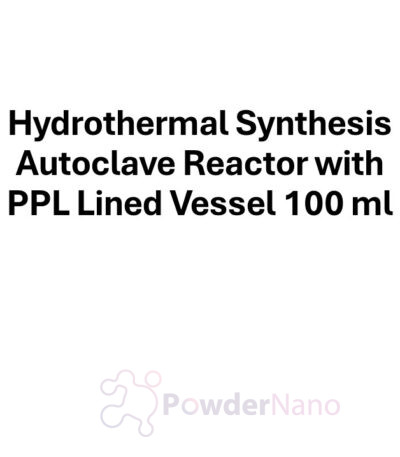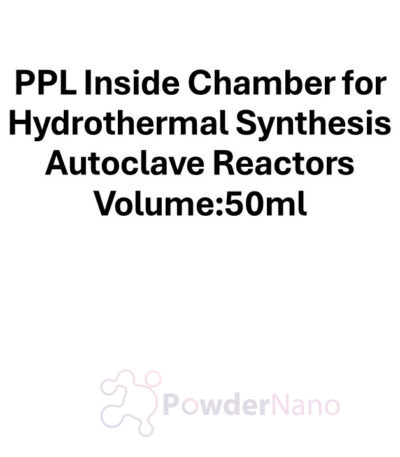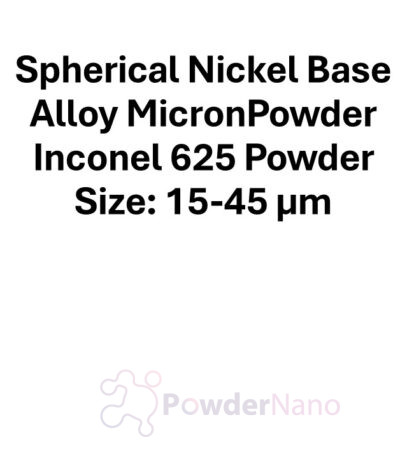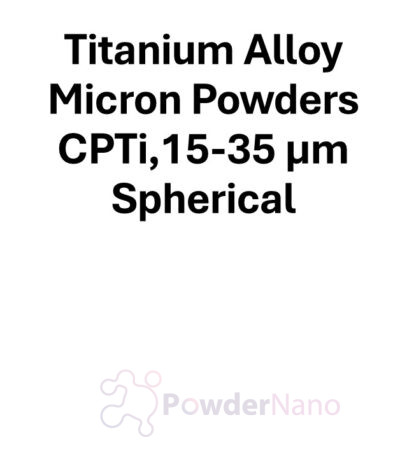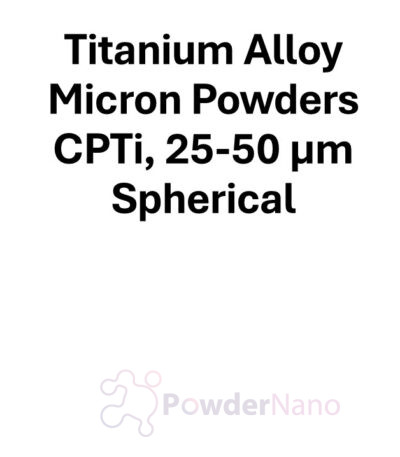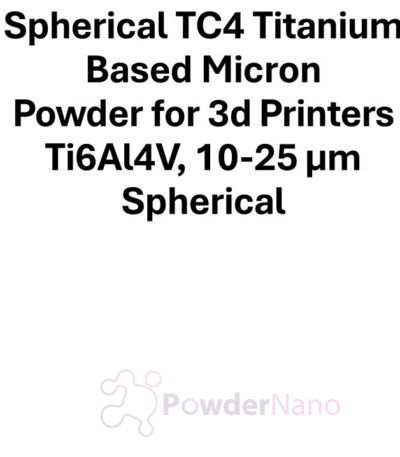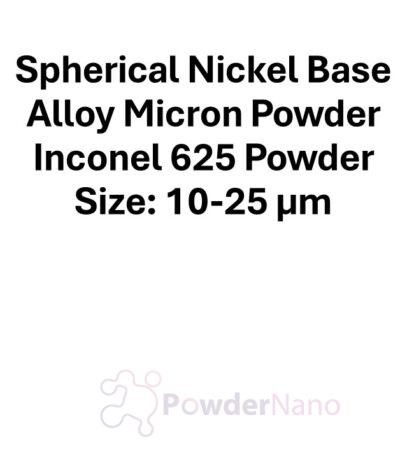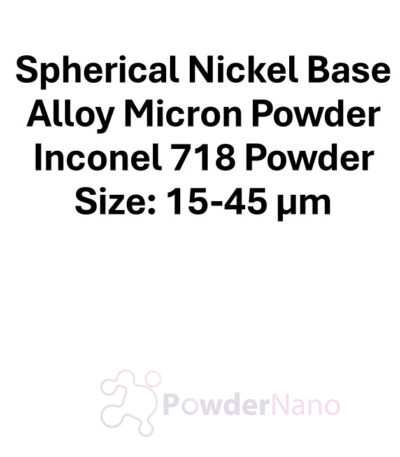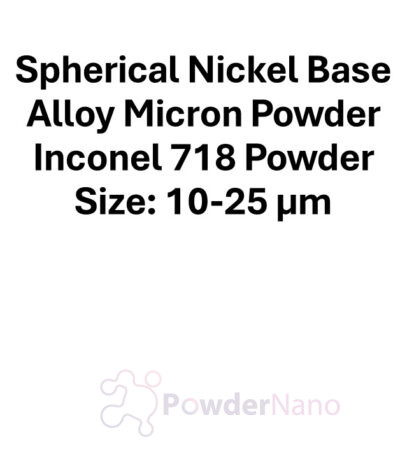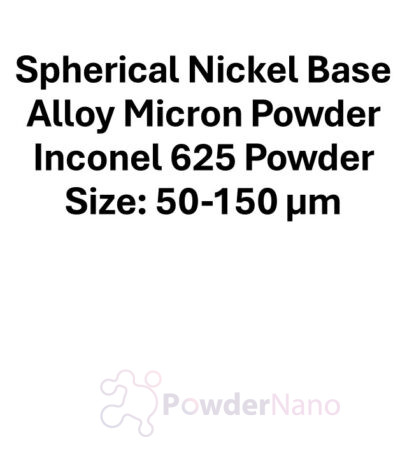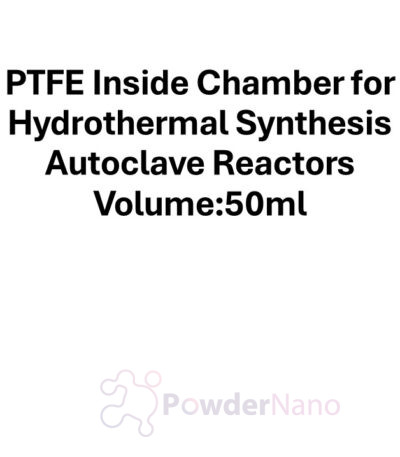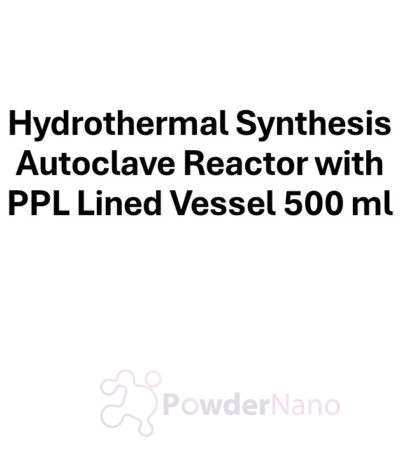Technical Specification:
- Material Composition:
- Outer Shell: High-quality stainless steel (typically 304SS or 316SS).
- Provides excellent resistance to pressure, heat, and corrosion.
- Inner Liner: Polyphenylene (PPL).
- Superior chemical resistance and thermal stability, especially in highly acidic, basic, or oxidative environments.
- Outer Shell: High-quality stainless steel (typically 304SS or 316SS).
- Physical Dimensions:
- Volume: 500 mL.
- Ideal for medium-to-large scale hydrothermal synthesis experiments.
- Wall Thickness (PPL Liner): Typically 2–5 mm, providing excellent structural integrity under high-pressure conditions.
- Outer Dimensions:
- Engineered for stability and ease of handling in laboratory setups.
- Volume: 500 mL.
- Thermal and Pressure Ratings:
- Maximum Operating Temperature: 280°C
- Higher thermal tolerance compared to PTFE liners.
- Maximum Pressure: 3 MPa (30 bar).
- Safe for high-pressure chemical reactions.
- Thermal Stability:
- Maintains structural and functional integrity across a wide range of temperatures.
- Maximum Operating Temperature: 280°C
- Sealing Mechanism:
- Threaded Closure:
- High-strength threaded design with durable gaskets or O-rings for leak-proof and airtight operation.
- Chemical Isolation:
- The PPL liner ensures no contact between reactants and the stainless steel body.
- Threaded Closure:
- Chemical Resistance:
- Enhanced Resistance:
- Handles highly corrosive and reactive chemicals, including strong acids, bases, and oxidizing agents.
- Non-Contaminating:
- Ensures the purity of reactions, critical for sensitive experiments.
- Enhanced Resistance:
- Packaging and Accessories:
- Includes essential tools (e.g., wrenches), spare gaskets, and a comprehensive user manual.
Applications:
- Primary Applications:
- Hydrothermal Synthesis:
- Suitable for the preparation of advanced materials, including nanomaterials and crystalline structures, under controlled high-pressure and high-temperature conditions.
- Solvothermal Reactions:
- Supports reactions in organic solvents at elevated temperatures and pressures.
- Hydrothermal Synthesis:
- Industries:
- Material Science:
- Synthesizing nanostructures, graphene, and other functional materials.
- Chemical Research:
- Exploring high-pressure, high-temperature reaction mechanisms and pathways.
- Pharmaceuticals:
- Used for crystallization and synthesis of high-purity compounds.
- Geology:
- Simulating natural geological processes for mineral synthesis and crystal growth.
- Material Science:
- Advantages for Applications:
- Larger Capacity:
- 500 mL volume accommodates medium-to-large-scale experiments or batch synthesis.
- High Chemical and Thermal Resistance:
- Suitable for aggressive chemical environments and elevated temperatures.
- Safety Features:
- Designed with pressure relief mechanisms for secure operation under extreme conditions.
- Ease of Maintenance:
- PPL liner’s smooth surface minimizes residue buildup and simplifies cleaning.
- Larger Capacity:
- Specialized Uses:
- Nanotechnology:
- Growth of nanowires, quantum dots, and advanced materials for energy storage and electronics.
- Catalyst Development:
- Preparation of high-performance catalysts for industrial and laboratory research.
- Experimental Research:
- Studies involving reaction kinetics and the development of novel materials.
- Nanotechnology:
- Challenges and Mitigation:
- Volume and Scale:
- While accommodating 500 mL, it may not meet industrial-scale production needs.
- Solution: Use for R&D and pilot-scale production before scaling up.
- While accommodating 500 mL, it may not meet industrial-scale production needs.
- Temperature Management:
- Exceeding 280°C can compromise the PPL liner’s performance.
- Solution: Adhere strictly to the manufacturer’s temperature guidelines.
- Exceeding 280°C can compromise the PPL liner’s performance.
- Handling and Maintenance:
- PPL liners are softer than metals and prone to damage if mishandled.
- Solution: Handle gently and use non-abrasive tools for cleaning.
- PPL liners are softer than metals and prone to damage if mishandled.
- Volume and Scale:
Summary:
The Hydrothermal Synthesis Autoclave Reactor with PPL Lined Vessel (500 mL) is a versatile and robust tool for conducting high-temperature, high-pressure reactions. Its chemical inertness, superior thermal stability, and large capacity make it indispensable for material science, nanotechnology, and advanced chemical research. With its advanced safety features and reliable performance, it ensures efficient and safe operation in demanding laboratory environments.
